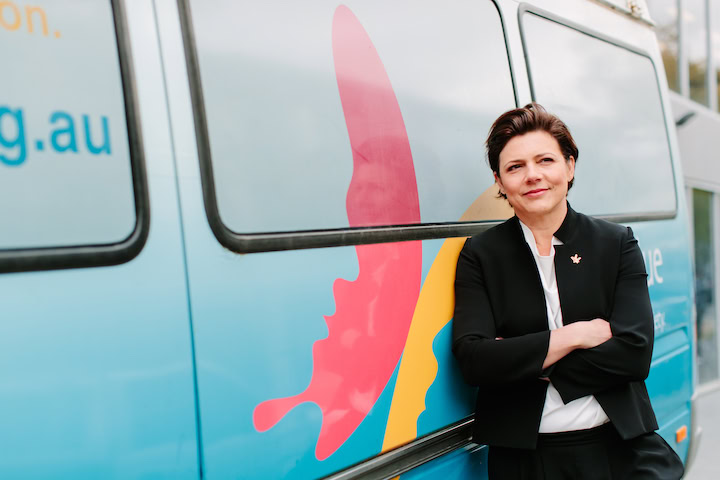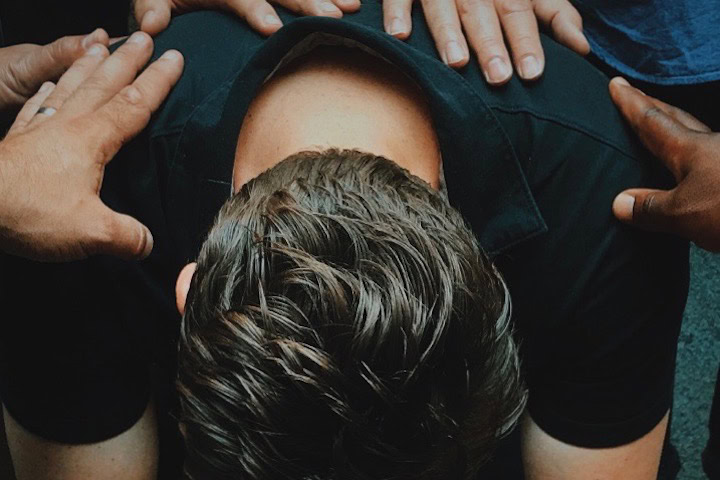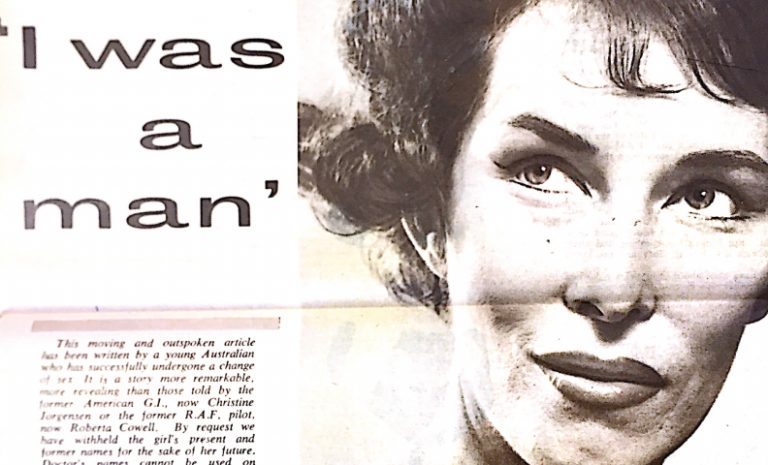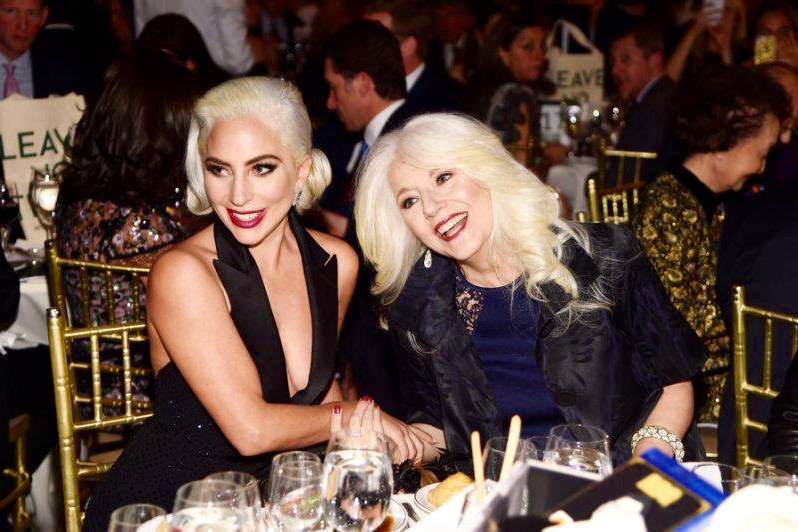
Cash for GLBTI depression study
National depression organisation beyondblue has announced it will fund a new research program to target depression in same-sex attracted youth (SSAY).
The funding was announced at beyondblue’s annual research forum earlier this month as part of a $1 million package for new research grants.
After coming under fire for neglecting GLBTI mental health, beyondblue has made SSAY a focus area in this round of funding, with $124,857 awarded to Melbourne’s Swinburne University for research into an online early intervention model to tackle depression for those struggling with their sexuality.
Swinburne researcher, associate professor Britt Klein told Sydney Star Observer the research project aims to improve the mental health of young people by assessing for a range of anxiety and depression symptoms online, in a GLBTI-friendly way.
“One of the biggest issues that affects same-sex attracted youth is that they do not use a great deal of the traditional services that exist, so what we’re trying to overcome here is a different way of [offering] early intervention in the area of anxiety or depression,” she said.
The research project will be based on an existing program called Anxiety Online, which will be tailored to suit SSAY.
The online program offers users information on depression and anxiety, and treatment can be provided through an ‘etherapy’ program.
“Primarily our goal with this has been to provide something for the gay and lesbian community in terms of resources. It’s been one of those areas that’s been underfunded or hasn’t been done in the past,” Klein said.
“So instead of providing generic information, we want to try and contextualise that.”
Earlier this year, beyondblue was heavily criticised for excluding GLBTI youth in the organisation’s new, draft Clinical Practice Guidelines on Depression in Adolescents and Young Adults.
Klein said an online model has the ability to reach a wide audience.
“It has the potential to reach hundreds of thousands who choose to use it in a cost-effective manner, so it makes a lot of sense to be providing that type of information and option for people.”
Beyondblue deputy CEO Nicole Highet told SSO beyondblue will also undertake a community awareness campaign.
“This is what the community said they really wanted and beyondblue was well placed,” she said. “We’re funding the research and development of the campaign, but we’re very much wanting it to be a partnership with beyondblue and the GLBTI community.”
The national campaign is set to be rolled out over the next year. A steering committee made up of GLBTI community members will guide the campaign.








Yes some are slithering through the cracks trying to scavenge for money allocated to us on depression but who is slithering?
Beyond Help’s Chair of the Board Jeff Kennett and ambassador said employing one of us is like employing a child sex offender and that translates to me as pure homophobia. Beyond Help is not an academic clinical group, it is a private business like the Australia Institute and has many conflicts of interest. The structure is similar. It’s funding is a mixture of the corporate sector and governments along with many private companies. It does not have to produce publications that represent us as it did not do in a recent publication on a guide for GP’s to deal with depression, despite the University Academic employed to conduct research critical of its decision not to. Beyond Help did in fact produce a guide for GP’s that missed the high risk group, us. We were left out. One can understand that if employing us is like employing a child sex offender. After all who would want to upset the Chairman of the Board? He is presently saying he was shot at when the policeman that was in charge of his security at the time said no person told him about it until now. Is honesty, integrity, respect for people who are in the GLBTQI community something we think about when we think of Jeff Kennett? Or do we are recall out right homophobic attacks on us such as the illegal strip search on us at the Tasty Night Club in Melbourne or perhaps the many homophobic comments?
Will Beyond Help do nothing with research again? Will we be ignored yet again? Will the Academic who does the research be critical of Beyond Help again when they ignore their own research they got money to produce?
Guides for doctors are normally based on clinical research. They are not a wish list of one man. They are research driven such as Therapeutic guidelines that has academic and clinical members that put together publications on the latest way to treat people for different illnesses or conditions. Beyond Help is far from this and as far as I am concerned they have acted disgracefully.
https://starobserver.com.au/news/2010/04/08/beyond-a-joke/23581
http://www.heraldsun.com.au/news/national/kennett-gay-storm/story-e6frf7l6-1111117025363
http://www.smh.com.au/lifestyle/wellbeing/highrisk-teens-all-but-ignored-in-depression-advice-20100410-rzsk.html
http://www.theage.com.au/national/gays-ignored-by-beyondblue-20090627-d0lf.html
http://en.wikipedia.org/wiki/Tasty_nightclub_raid
OK, its great that Beyond Blue is finally looking into depression for same-sex attracted youth, but what about a much wider campaign for depression amongst same sex attracted in general? I know so many gay friends who are dealing with depression, including myself, in adulthood (I’m 45). Yes, it makes some sense to get to mental health issues as early as possible to best ensure treatment outcomes, but lets not forget the rest of us in the process!
Long overdue!
About 40 years too late.
Good but again the results should balance taking into account the needs of youth and the depression and suicide issues of all ages of the GLBTI community. Again, there is just too much fuss on youth research because it is sexy and money is avaialble when the issue of bullying, depression and suicide is across many age groups. It is not a get over it build a bridge attitude that seems to be so much a part of society.